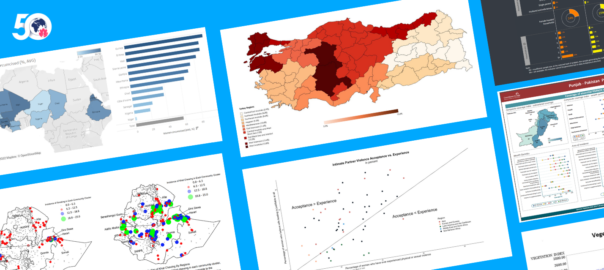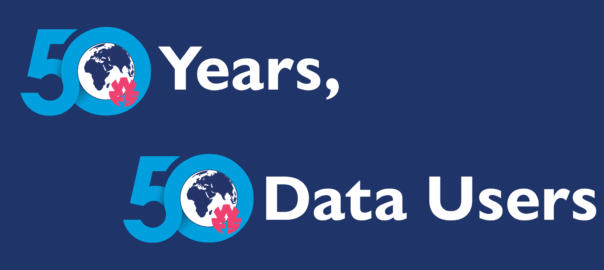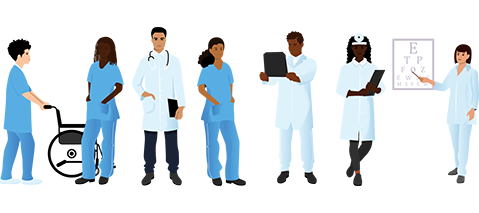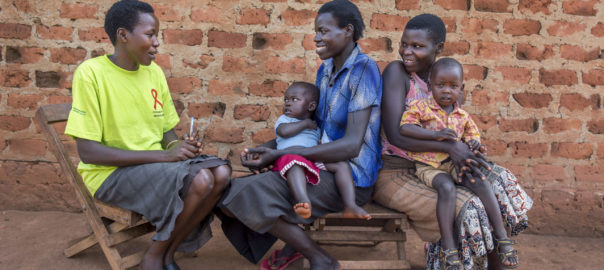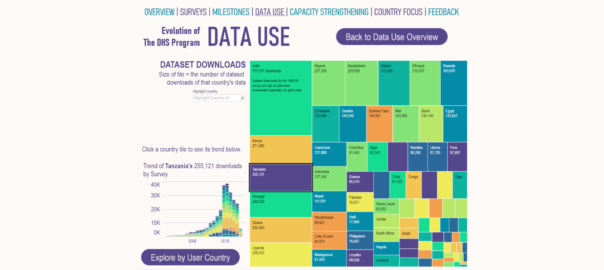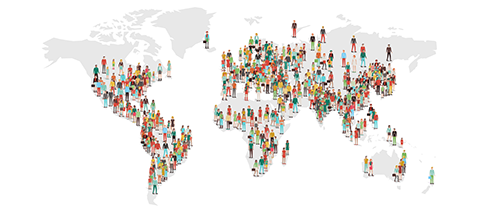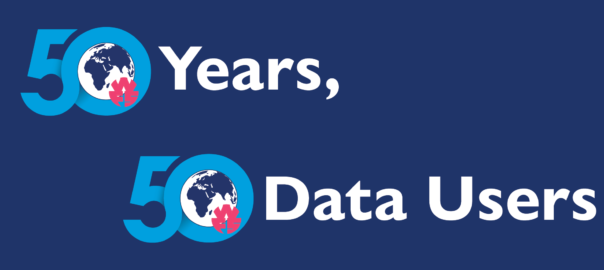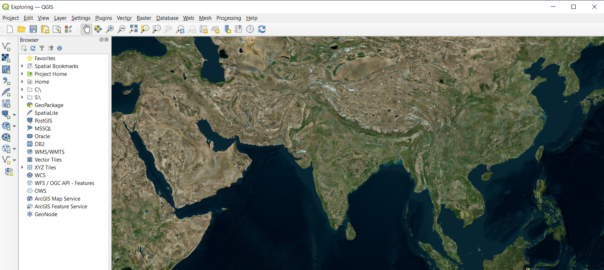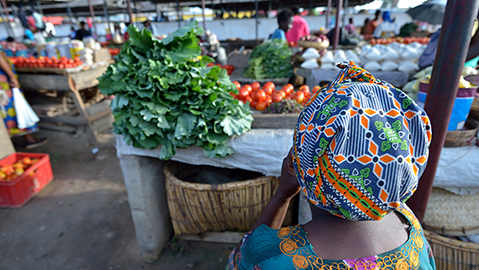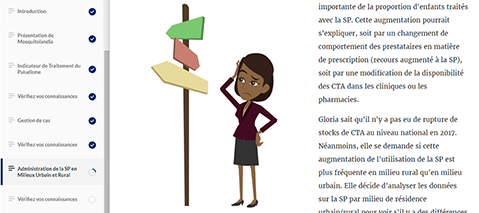WFS@50 Data Visualization Showcase
2022 marks the 50th anniversary of the World Fertility Survey (WFS). The World Fertility Survey program was established in 1972 with funding from USAID and the United Nations Population Fund. The Demographic and Health Surveys (DHS) Program was created in 1984 as a follow-on project to the WFS. To date, more than 400 surveys have been […]

